|
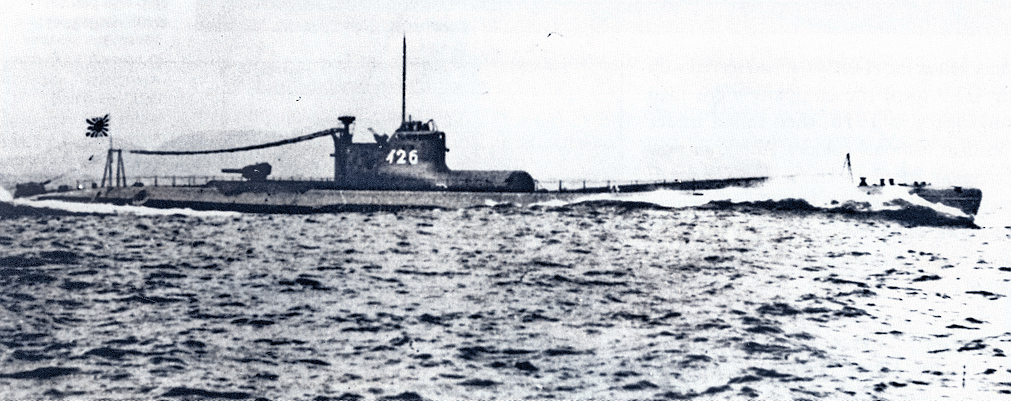 |
On the night of
June 20th, 1942 the Japanese
submarine I26 came to the surface off
Estevan Point, 110 km northwest of Tofino,
and briefly shelled the lighthouse and
signal station. Thanks to the keeper�s
quick action in extinguishing the light,
there was no damage or injury.
This, and other
similar attacks, validated the decision
taken earlier in the war to build up
Canada�s coastal defences. Tofino was
identified as a site for a land-based
airport from which the RCAF could conduct
coastal defence activities. Construction
began in early 1942 on a site acquired from
a Mr. Lovekin, a sugar millionaire who lived
in Hawaii but had property on Wickaninnish
Bay.
The first
operational plane to arrive on July 4, 1942,
an armed Lysander, ran off the end of the
unmarked and unfinished runway. By October
8, 1942 two of the three planned 5,000 foot
runways had been coompleted, along with half
of the planned accommodation buildings�an
extraordinary achievement, given the heavily
wooded state of the site and the logistical
challenges involved in moving construction
materials.
.
|
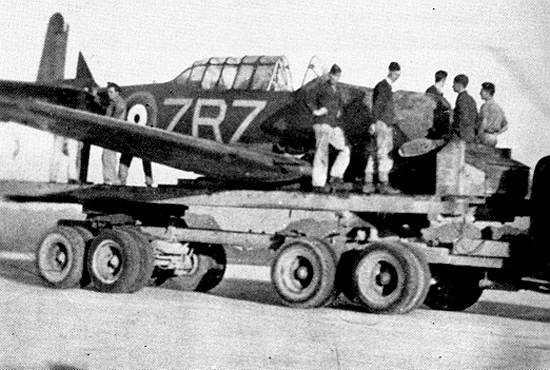
. |
Return to
map
By the
end of October 1942 several No. 132 (Fighter) Squadron
aircraft had arrived at the base and begun routine
patrols. Not all of its missions ended
successfully�this 132 Sqn Harvard had to be recovered
after a belly landing.
|
A
detachment of four Bristol Bolingbroke aircraft from Sea
Island based No. 147 Bomber Reconnaissance Squadron
joined No. 132 Squadron in November.
. |
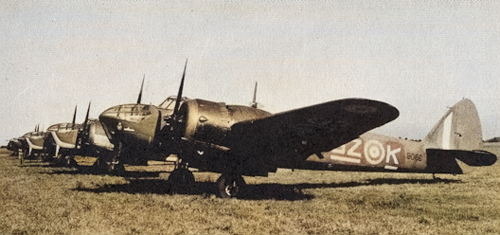
.
|
|
.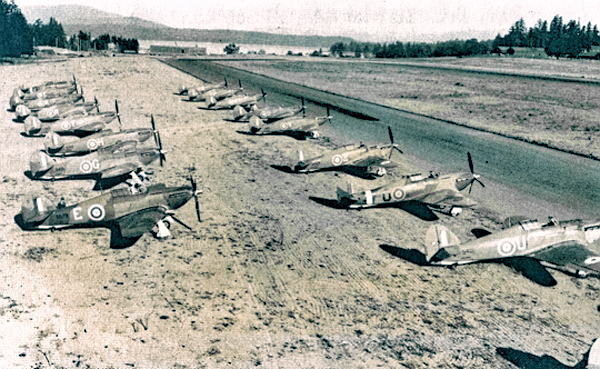
.
|
.
On
March 3, 1943 No. 132 Sqn exchanged bases with No. 133
Sqn from Boundary Bay. 133�s P40 Kittyhawks were
replaced at the end of that same month, leaving the
Squadron with a complement of sixteen Hawker Hurricane
Mk XII fighters and two Harvards. The station again
dramatically increased its capabilities four days later
with the assignment of No. 147 (BR) Sqn to Tofino,
adding its full complement of sixteen Bolingbrokes and
support staff to the station inventory.
Back to top of
page
Return to
map
|
Tofino also hosted a large
number of visiting aircraft. In May, 1943 two RAF No.
32 Operational Training Unit (OTU) Hampdens were
visitors to the station. Unfortunately, one crashed on
takeoff, luckily with no fatalities.
|

. |
|
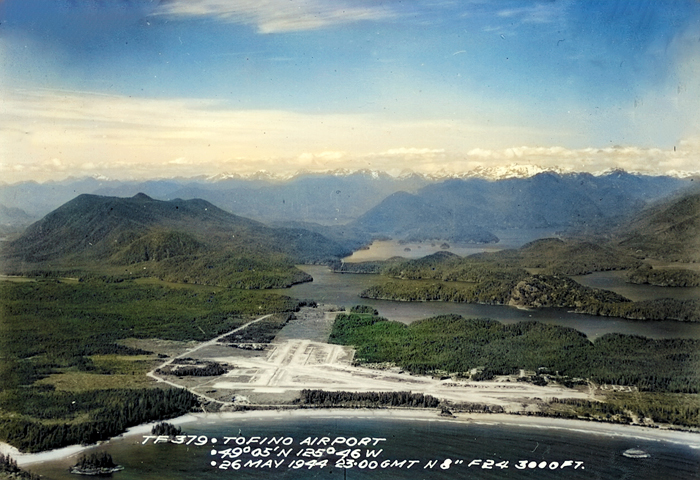 |
As a fully fledged, fully
staffed station, RCAF Station Tofino remained very busy for
the next two years. However, by 1944 it was clear the tide
of war was turning and the RCAF began cutting back its
coastal operations. On February 29, 1944, No. 147 Squadron
flew its last mission and was disbanded at Tofino as of
March 15.
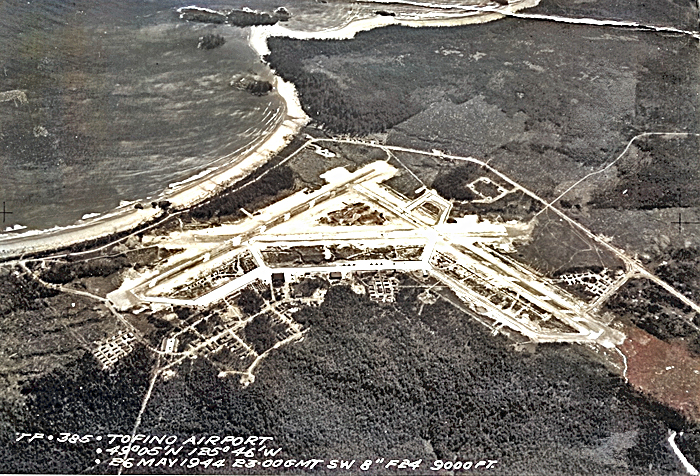 |
No. 115 (BR) Squadron
transferred to Tofino on March 17 from Pat Bay with the
squadron�s 15 Lockheed-Vega Ventura aircraft. This
squadron was subsequently disbanded at Tofino on August
23, 1944.
Return to
home page
Back to top of
page
|
.
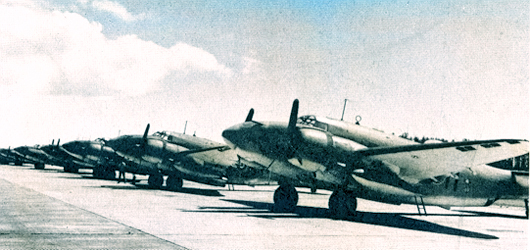
. |
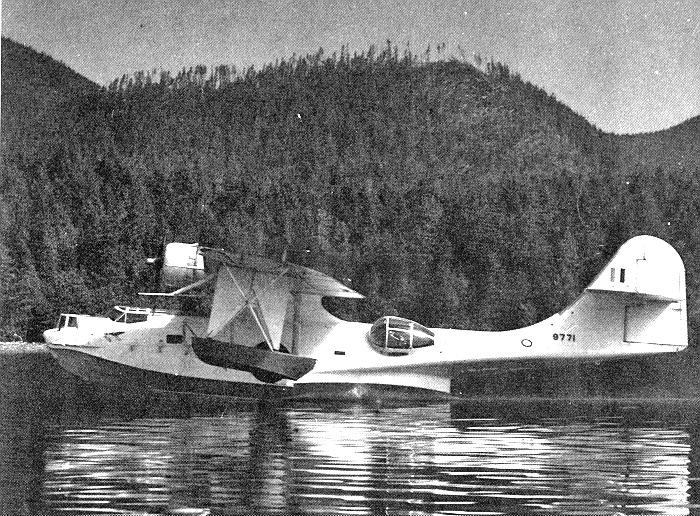
|
That month also saw the closing
of RCAF Ucluelet in August, and the relocation of No. 4 (BR)
Squadron�s Canso aircraft to Tofino, until that Squadron was
also disbanded on August 7, 1945.
Following the war, the base was
decommissioned but remained RCAF property. It was reopened
briefly as a radar station in the Pinetree Line in 1955,
then finally closed in 1958. Responsibility for Tofino
Airport then passed to the Department of Transport.
. |
|
The legacy of the RCAF
includes a well-known wreck, of a No. 6 Sqn Canso that
had been visiting Tofino from its home base at Coal
Harbour. On takeoff, it experienced engine problems and
came down in the bush off the end of runway 28. The
crew and passengers were rescued the next morning but
the remains of the aircraft continue to attract visitors
along a well-worn trail off the Pacific Rim Highway.
. |
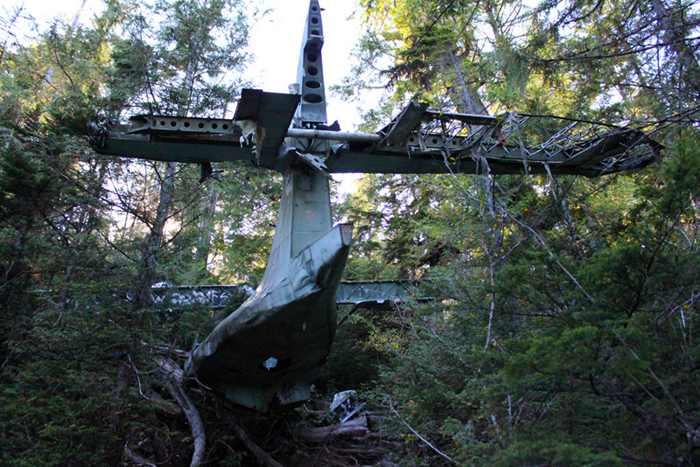
. |
|
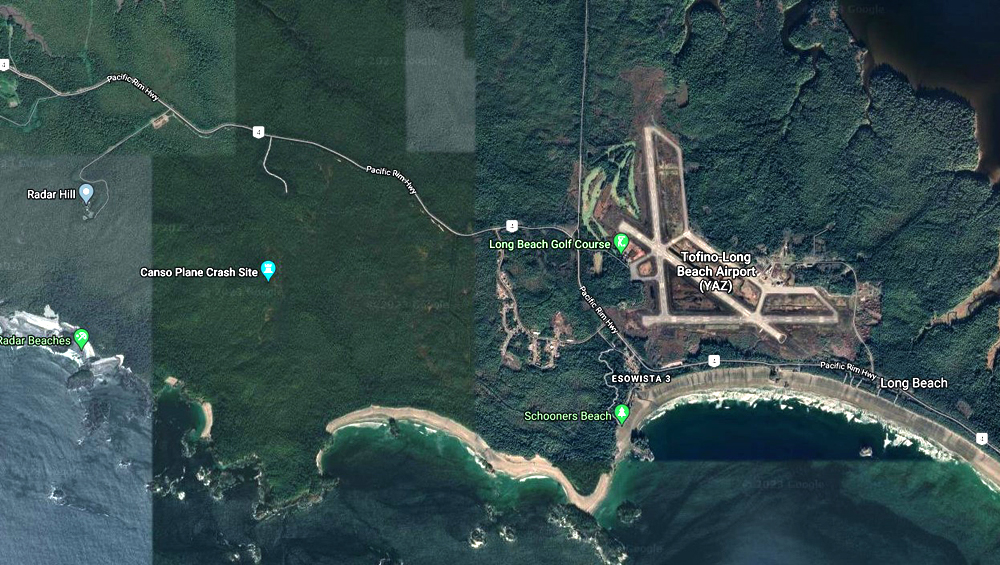
The Alberni-Clayoquot
Regional District is now the owner/operator
of CYAZ, Tofino Airport. As of 2021, the
ACRD was developing a land-use plan to fund
needed infrastructure upgrades. Airside
facilities currently consist of three hard
surfaced runways, each 5000 feet in length;
fuel and transient services; runway lighting
for night operations; and a small terminal
building that was completed in 2010.
Pacific Coastal flies a regular scheduled
service to Tofino from its Vancouver base.
Atleo River Air Service offers charters from
its local base in Tofino. (January 2023)
Back to top of
page
Return to
map |
Photos courtesy Chris Weicht, except Canso crash site (Tofino
Trails) and satellite imagery (Google Maps).
 �
British Columbia Aviation Museum Updated:
2023-01-16 �
British Columbia Aviation Museum Updated:
2023-01-16
|